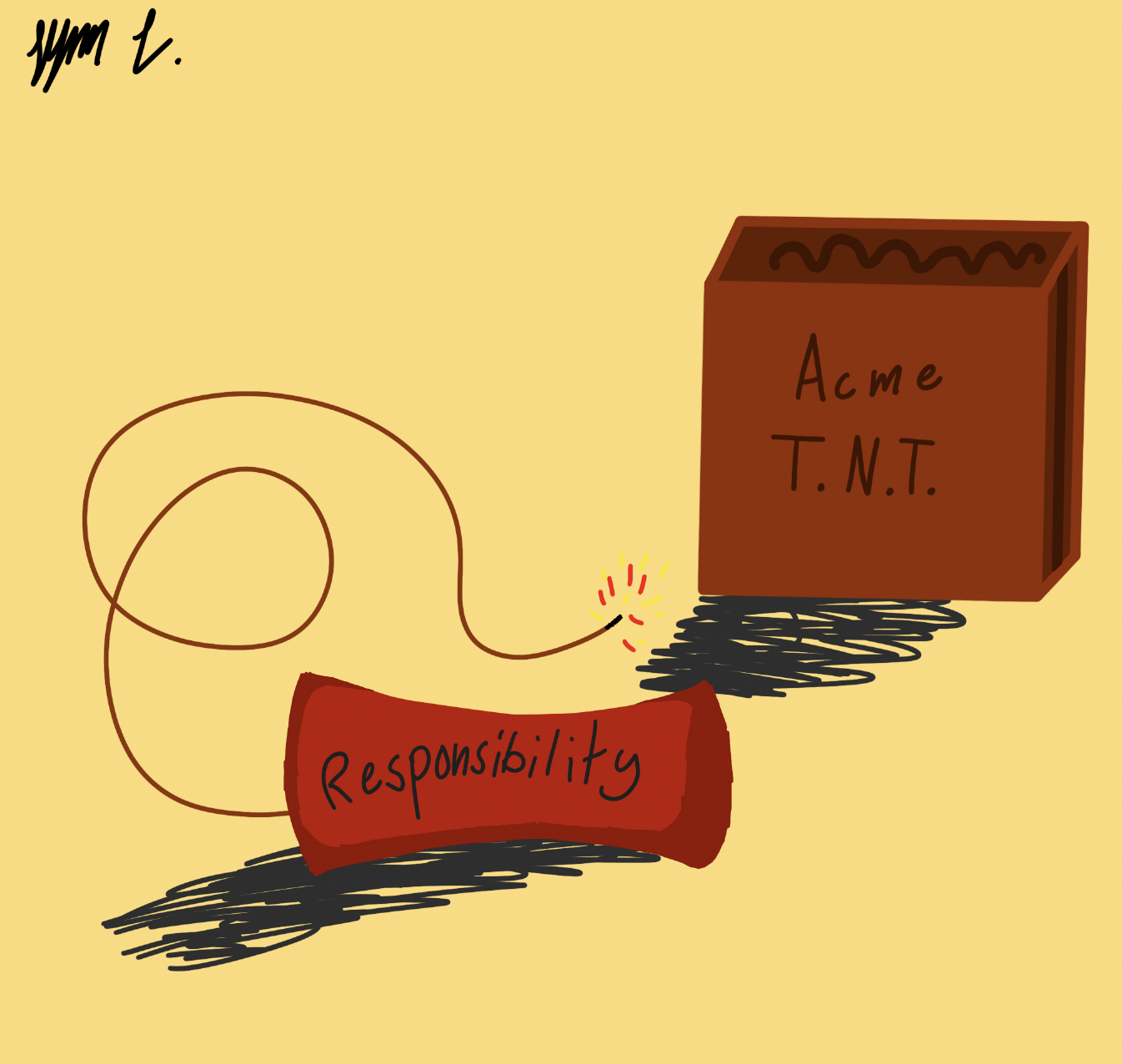Where is 'Responsibility' in Training for Diversity, Inclusion and Equity?
illustration by Fynnley Loewen
The burden of responsibility to promote social justice (antiracism, equity, etc.) should fall more heavily on those who benefit most from their complicity - than those who benefit less.
This is a sentiment Bob Pease shares in his 2019 book “Facing Patriarchy: From a violent gender order to a culture of peace”. It's a sentiment shared by many; and, also not popular with many.
Pease's book, based on decades of work and experience, is focused on preventing violence against women. Yet, perspectives, research, and recommendations are transferable for various social challenges including sexism, racism, ableism, etc.
I'm curious if anyone has come across, participated in, or designed education, with a view to social justice, that discusses "responsibilities" of those with privilege?
Pease (a social work scholar) referencing other researchers, suggests "Many attempts at engaging members of privileged groups in struggles for social justice endeavour to avoid threatening them so as to minimise their resistance."
This is where the euphemisms of diversity, inclusion and equity (DIE) have taken a stronghold. These become the 'comfortable' topics. The 'acceptable' topics.
Why?
Probably because: "Those in privileged groups have the most to lose in terms of resources and status in social justice and organizational change."
A basic challenge of discussing privileges and responsibilities is that these often become 'personalized' - and thus, as the image (drawn by my son), an ethic of discussing and breaking down 'responsibility' and privilege are viewed as explosive topics to avoid.
The word 'responsibility' has roots related to "sponsor", which comes from the Latin word ‘spondere’ meaning “to pledge”.
That combined with ‘re-’ (meaning: "back"), suggests response, and responsibility is to: ‘promise in return, answer to’.
Thus, to have a “responsibility”, from its original 17th-century meaning: “that for which one is accountable or answerable; a trust, or a duty”.
The root of duty is related to "debt"- something owed. Privilege is a private benefit.
There are ways, and many needs, for engaging 'privileges' and 'responsibilities' that are focused less on the acts of individuals and focus more on collective contributions that members of privileged groups make to systemic and structural patterns of privilege (e.g. sexism, racism, etc.).
This type of work also raises many emotions, and most likely why it's avoided by most organizations. It's viewed as dynamite in the hallowed halls and board room.
Maybe this is similar to many social media posts? Keep the focus on the positive. Keep emotions and personalizing to a minimum. Unwritten norms.
A critical component of responsibility is also the 'response-ability'. For example, coming to terms with unearned privileges is a lifelong task.

